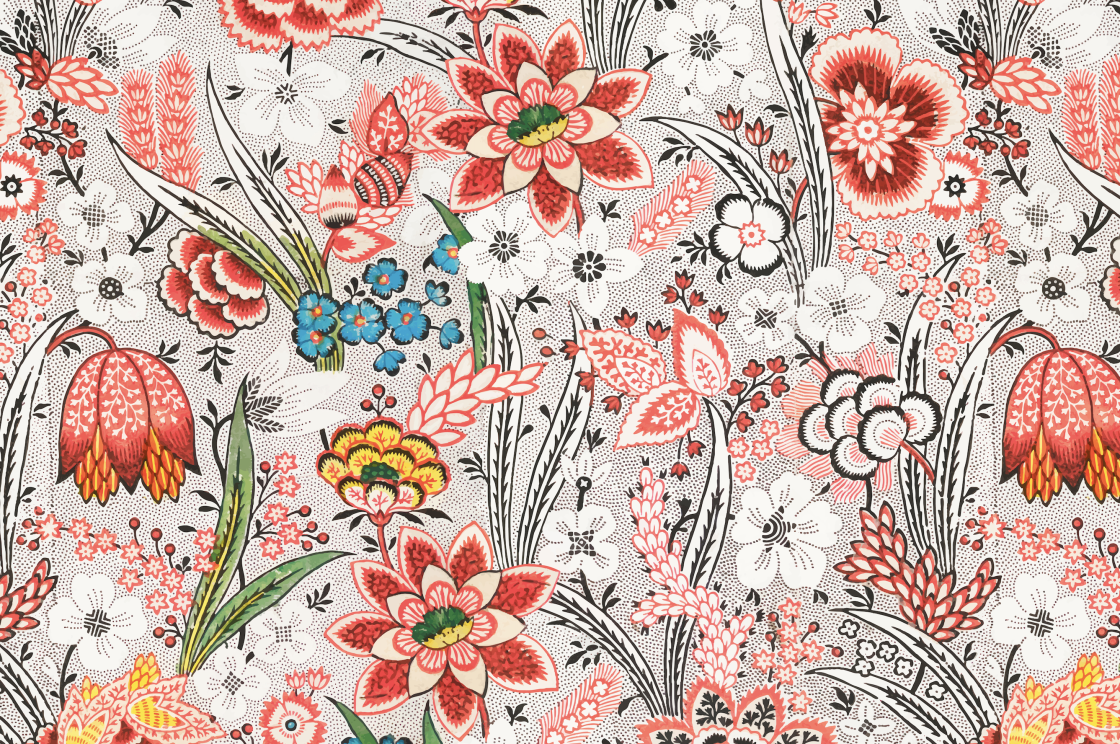From the bustling streets of Tokyo to the quiet lanes of Canadian towns, a renaissance in fashion is taking place, and at the heart of this movement are kimonos crafted from repurposed vintage fabrics. Here’s a dive into this exquisite blend of history, art, and eco-consciousness.
The Kimono: A Cloak of History
Originating from Japan, the kimono is an age-old traditional garment that has captivated onlookers for centuries. With straight-line cuts, wide sleeves, and a wrap-around style, kimonos often boast intricate designs and patterns, reflecting the rich tapestry of Japanese culture and history. Traditionally worn with an obi or a sash, they have since then undergone various evolutions in style, and today, they have transcended geographical boundaries to become a global fashion statement.
Fast Fashion’s Heavy Toll
Our modern world, driven by consumerism and instant gratification, has ushered in the era of fast fashion. Clothes are mass-produced at breakneck speeds to meet ever-changing fashion trends. However, this has led to a colossal waste of resources, environmental degradation, and unethical labor practices. The tide is now turning, with more consumers becoming aware and demanding sustainable practices in fashion. This is where the circular economy, which promotes reusing and recycling materials, plays a crucial role.
The Charm of Repurposed Vintage Fabrics
Vintage fabrics, with their unique patterns, colors, and history, provide a distinct charm. When these fabrics are repurposed into kimonos, they combine tradition with sustainability. Each kimono becomes a unique piece, capturing stories from the past while carving out new narratives. With no two kimonos being identical, wearers get to adorn themselves in a piece of art that stands out.
Kimonos: A Garment for All
While kimonos might have their roots in Japanese culture, their appeal is universal. Suitable for men, women, and everyone in between, these garments can be adapted to various styles and occasions. From casual outings to formal gatherings, the versatility of a kimono is unmatched.
Supporting Local Artisans and the Environment
By investing in small-batch, hand-made artisanal kimonos from Canada, consumers directly impact local craftsmen and their families. This not only ensures that the art of kimono-making thrives but also reduces waste and cuts down on fossil fuel usage, as transportation and mass production are limited.
Furthermore, the scarcity of vintage fabrics means that each kimono crafted from them becomes a treasured possession. By giving these fabrics a new lease of life, we are preserving a slice of history while championing sustainable fashion.
Your voice matters! Vintage fabrics and the circular economy are shaping the future of sustainable fashion. Share with us your thoughts on the importance of repurposed vintage fabrics and the circular economy. Let’s continue this dialogue for a better, more sustainable future in fashion.


